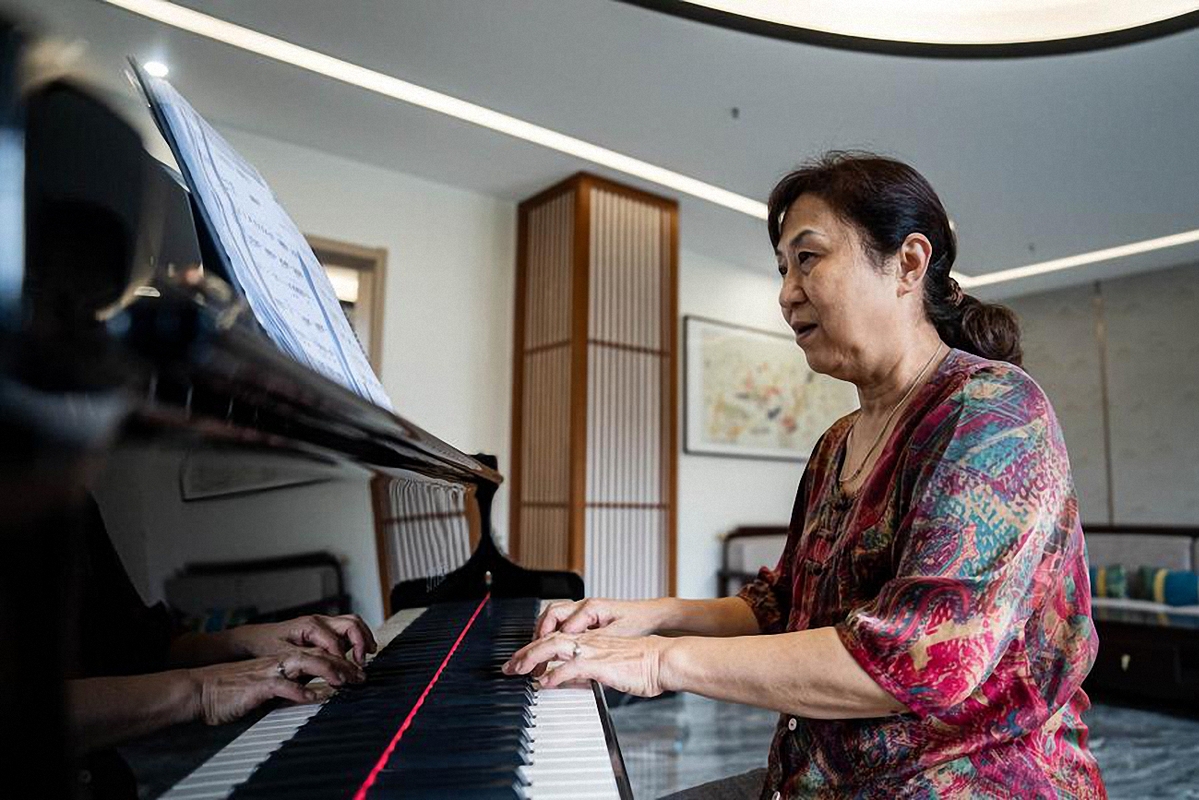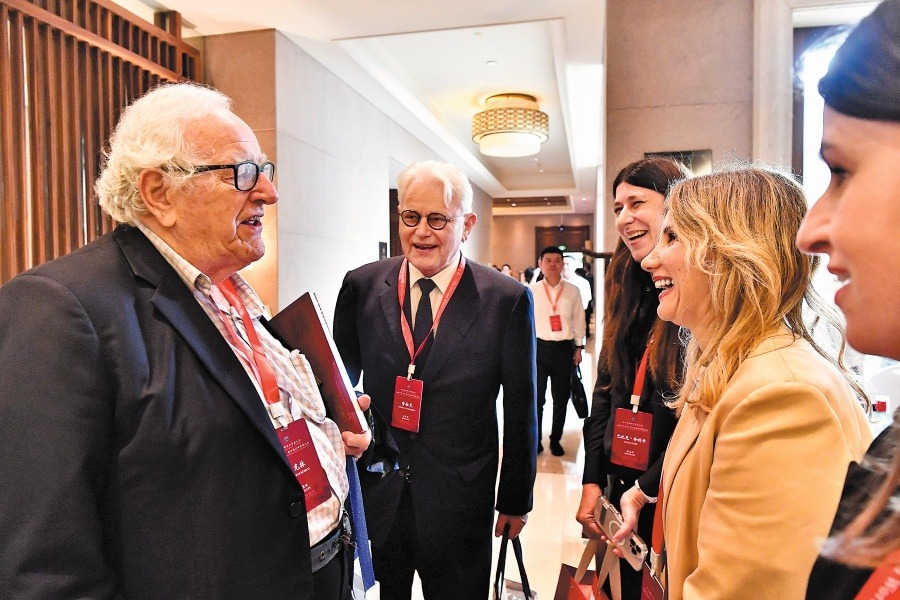Govts tackling population aging problems one at a time


At a dinner with old friends and former colleagues recently, our conversation turned from our health to our grandchildren's performance in school, and from our travel experiences to our eldercare plans. Yes, eldercare has become a hot topic of discussion in China.
A media report last month said the number of Beijing residents aged 60 or above had reached 4.31 million by the end of last year, making up 30.2 percent of the capital's registered permanent residents. The aging problem is not better in other parts of the country. With China's life expectancy increasing to 78.6 years, millions of people are joining the elderly population every year. By the end of last year China had 297 million elderly people.
Dealing with the aging population problem has become part of the national policy. Over the past few years, the government has issued documents and taken measures to ensure the elderly people lead a decent life.
According to a Ministry of Civil Affairs report, by the end of June, China had about 410,000 eldercare institutions, of which 369,000 were service centers operated by communities. In fact, more than half of the eldercare centers were established in 2019 or later — showing the efforts the central and local governments have been making to deal with the aging problem.
Many people aged 80 or above have chosen to live in eldercare centers. But they may soon find that a room in a high-end old age home could cost them a fortune. Three of my former colleagues are now living in such a center about 30 kilometers east of Beijing. Each of them pays about 10,000 yuan ($1,404) a month for a small apartment where they also can have dinner, take part in entertainment and recreational activities and get timely help if and when needed. An aged couple have been paying the center more than 10,000 yuan a month to ensure the center has an apartment ready for them when they decide to shift there.
Additional services, such as expensive full daycare, make it unaffordable for most pensioners, unless they have fat bank deposits. There are cheaper old age homes where an elderly person can get a bed in a dormitory-like room for a few thousand yuan a month. But one may have to wait in a long line to get a bed in such centers, and even if a person is fortunate enough to get one, he or she has to make do with poor services and outdated facilities.
The Chinese tradition of respecting and supporting the elderly people prevents many young people from sending their parents and/or grandparents to eldercare centers even if they can afford to pay for it. My mother-in-law's question, "Why should I leave home and live in an eldercare center when I have my sons and daughter to take care of me" must have been echoed by millions of elderly people.
The central and local governments are promoting community eldercare service centers, with governments offering preferential policies to help communities operate such centers locally. These centers not only provide in-center daycare services for the elderly people but also coordinate with service companies to provide door-to-door services for the elderly. In cities such as Beijing, emergency devices have been installed free of charge in senior citizens' homes that allow elderly people to seek help by just pressing a button.
Though one has to pay for such services, the reasonable price and the fact that one can receive professional services while sitting at home have made the arrangement popular. The arrangement is probably unique to China and difficult for other countries to emulate. China reportedly has more than 5 million social workers working in about 40,000 townships, communities and other institutions. Without their coordination and help, a project involving millions of people can't be put into operation.
The former colleagues living in the eldercare center are still trying to persuade me to join them, saying the services there are excellent. Despite being in my mid-60s, I am enjoying traveling, and rarely think about eldercare arrangements. I hope that by the time I have to make a decision, the system would be developed enough to provide me with the necessary services that I enjoy at home.
The author is former deputy editor-in-chief of China Daily.
kangbing@chinadaily.com.cn


































